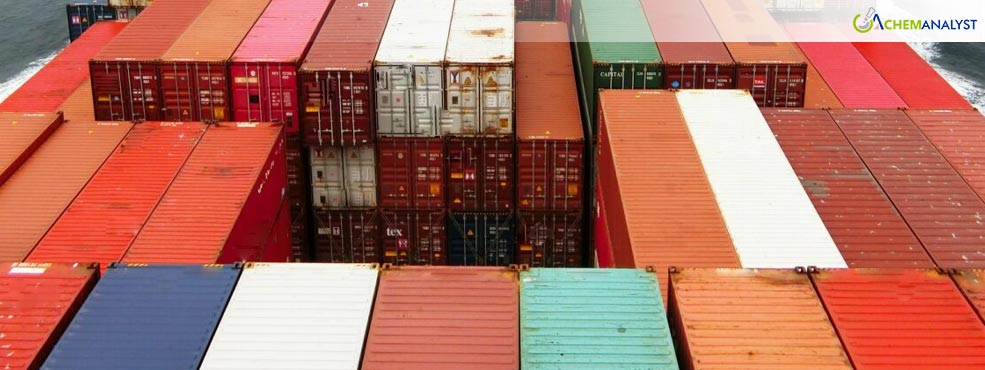Welcome To ChemAnalyst

India has launched a countervailing duty investigation into the rising imports of Calcium Carbonate Filler Masterbatch, a chemical used predominantly in the plastic industry, from Vietnam. This move comes after domestic players in the sector raised concerns that these imports, allegedly subsidized by the Vietnamese government, are undermining local manufacturers by flooding the market with cheaper products. The investigation, initiated by the Directorate General of Trade Remedies (DGTR), an agency under the Ministry of Commerce, aims to assess the impact of these subsidized imports on India’s domestic industry and to determine if imposing a countervailing duty is necessary.
The petition for the probe was filed by the Compounds and Masterbatch Manufacturers Association of India (CMAI) and the Masterbatch Manufacturers Association (MMAI), which represent stakeholders in the Indian plastic industry. The associations argue that the imports of Calcium Carbonate Filler Masterbatch from Vietnam have been arriving in significant quantities at artificially low prices, thanks to subsidies from various levels of the Vietnamese government. These imports have, according to the petitioners, caused "material injury" to Indian manufacturers, who are struggling to compete with the cheaper alternatives.
The DGTR, in its notification, confirmed that the investigation would determine the extent of the alleged subsidies and the resulting impact on the Indian market. Based on the evidence provided by the domestic industry, the authority will assess whether countervailing duties, which are levied to counteract unfair subsidies, should be imposed and, if so, at what rate. The goal of such duties is to ensure that domestic industries are not harmed by subsidized imports, which can often lead to market distortions and unfair competition.
This investigation highlights the growing concerns over unfair trade practices in the chemical industry. The plastic industry, which relies heavily on various chemicals, including filler masterbatches, could see its competitiveness further compromised if these imports continue to undercut domestic prices. Indian manufacturers have long expressed concerns over similar practices in other sectors, such as steel, where India has already imposed both countervailing and anti-dumping duties to protect local players from subsidized imports from countries like China.
For the chemical industry in India, this probe signals a more vigilant stance by the government in safeguarding domestic manufacturers from global market imbalances. Should the investigation conclude that subsidies are indeed being provided by Vietnam, and countervailing duties are imposed, Indian chemical producers may experience some relief, fostering a more competitive environment. However, it also sets the stage for possible trade tensions between India and Vietnam, given the latter's role as a key trading partner in the ASEAN bloc. The trade dynamics could shift, affecting the broader supply chain and pricing strategies for chemicals in the region.
As Vietnam’s exports to India continue to grow, the outcome of this investigation will be closely watched by both countries' chemical sectors, with broader implications for trade relations and industrial strategies within ASEAN.
We use cookies to deliver the best possible experience on our website. To learn more, visit our Privacy Policy. By continuing to use this site or by closing this box, you consent to our use of cookies. More info.
